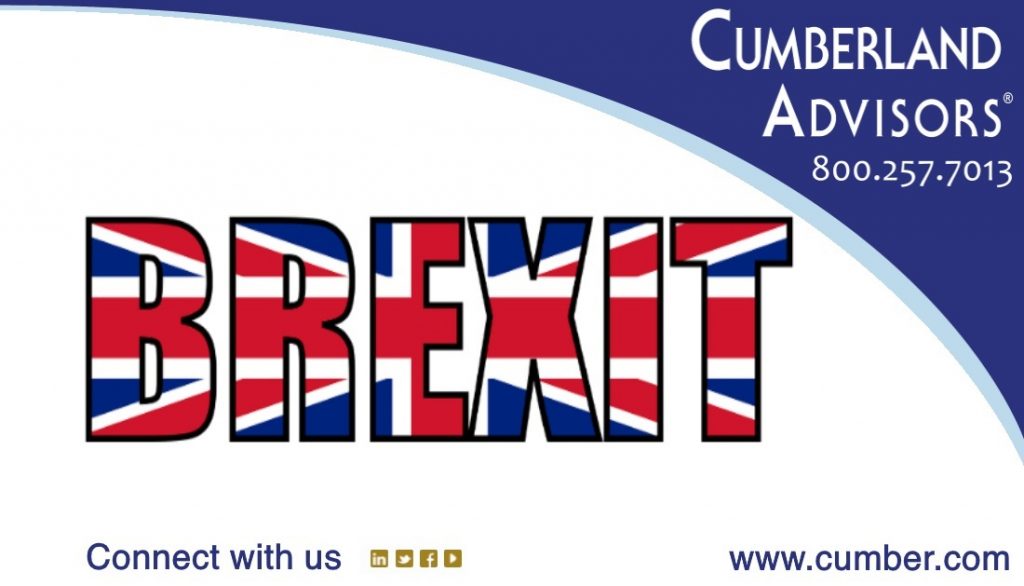The exceptional Saturday session of the United Kingdom’s Parliament, the first in 37 years, was expected to produce a decisive yes or no vote on the new Brexit deal Prime Minister Boris Johnson had negotiated with the European Union (EU).
October 19 was the final day for Parliament to agree to a deal before the Prime Minister would be required to request an extension from the EU beyond the current date of October 31. To the government’s apparent surprise, an amendment was proposed and passed (322 to 306) stipulating that Johnson’s deal could be approved only when all the legislation implementing the withdrawal is passed. So no vote on the deal was possible.
Johnson reiterated his position: “I will not negotiate a delay.” But as he was required by law, he sent a letter to the EU requesting a three-month delay. He did not sign the letter and sent an additional letter recommending that the EU not grant the requested extension. This maneuver will certainly be reviewed by one or more courts. In any event, the EU considered the request made and is very likely to grant the extension to limit the possibility of a no-deal hard exit of the UK from the EU.
As this is being written, there remain a number of possible Brexit outcomes. Johnson is expected to be able to have the deal voted on in the next several days, unless Commons Speaker John Bercow does not allow a rerun of the vote. A vote on the deal would likely be close, but it could pass. If so, Brexit could occur on October 31, and there would be no need for an extension. Or if some limited further time is needed, a brief extension would surely be granted. However, even if the deal is passed, the Labour opposition has indicated it would offer an amendment that would require the deal to be put to another referendum. Organizing a referendum would take at least 22 weeks, it is estimated. The hundreds of thousands of “Remain” demonstrators on the streets in London Saturday would welcome such a development, but the outcome of a choice between the current deal and remaining in the EU is highly uncertain. Another expected proposed amendment will call for a UK-wide customs union with the EU and single market alignment.
Should there be no positive vote on the deal, a three-month delay is very likely to be granted by the EU, even though both France and Ireland have threatened to oppose this. Johnson’s failure to obtain approval of his deal is expected to lead to a confidence motion by the opposition, the downfall of his government, and a new election, which in turn could lead to either another Conservative government or an opposition government committed to a second referendum.
Finally, the risk of a hard, no-deal Brexit is still possible. This would happen if there is no agreement on a deal by October 31 and the EU fails to agree to an extension. It also is a possible outcome if there is a three-month extension but no agreement on a deal has been reached by the end of that extension.
The uncertainty about the United Kingdom’s planned exit from the European Union in 2019 has been a headwind for the UK economy since the referendum in June 2016 started affecting business decisions. Economic growth had been solid until the end of 2016 and then during the first half of 2017 eased to the slowest rate among the G7 countries. In the last two and a half years, Brexit uncertainties have led to deteriorating business confidence and have held back investment decisions. In 2018, gross fixed capital formation slowed to just 0.2% for the year. Pressures to relocate some financial activities abroad have increased, threatening the leading role of the City of London. The OECD is projecting economic growth for the UK of only 1% this year and 0.9% for 2020, assuming an orderly Brexit in 2019.
Investors generally do not like uncertainty, yet over the period since the referendum the FTSE 100 has gained 13%, despite wide swings in Brexit expectations and the slowing economy. The swings in market sentiment due to Brexit developments and the political turmoil in Parliament have been impressive. The range over the past 52 weeks for the iShares MSCI United Kingdom ETF, EWU, is 28.4–34.02, but the one-year gain as of October 18 is just 0.19%. More market volatility looks likely ahead. Should agreement on a deal be reached this month, the probable resulting boost to market sentiment could prove to be short-lived, as an election still would be likely towards the end of this year or early in 2020.
Bill Witherell, PH.D
Chief Global Economist
Email | Bio
Sources: Financial Times, bbc.com, cnbc.com, oecd.org
Links to other websites or electronic media controlled or offered by Third-Parties (non-affiliates of Cumberland Advisors) are provided only as a reference and courtesy to our users. Cumberland Advisors has no control over such websites, does not recommend or endorse any opinions, ideas, products, information, or content of such sites, and makes no warranties as to the accuracy, completeness, reliability or suitability of their content. Cumberland Advisors hereby disclaims liability for any information, materials, products or services posted or offered at any of the Third-Party websites. The Third-Party may have a privacy and/or security policy different from that of Cumberland Advisors. Therefore, please refer to the specific privacy and security policies of the Third-Party when accessing their websites.
Sign up for our FREE Cumberland Market Commentaries
Cumberland Advisors Market Commentaries offer insights and analysis on upcoming, important economic issues that potentially impact global financial markets. Our team shares their thinking on global economic developments, market news and other factors that often influence investment opportunities and strategies.


